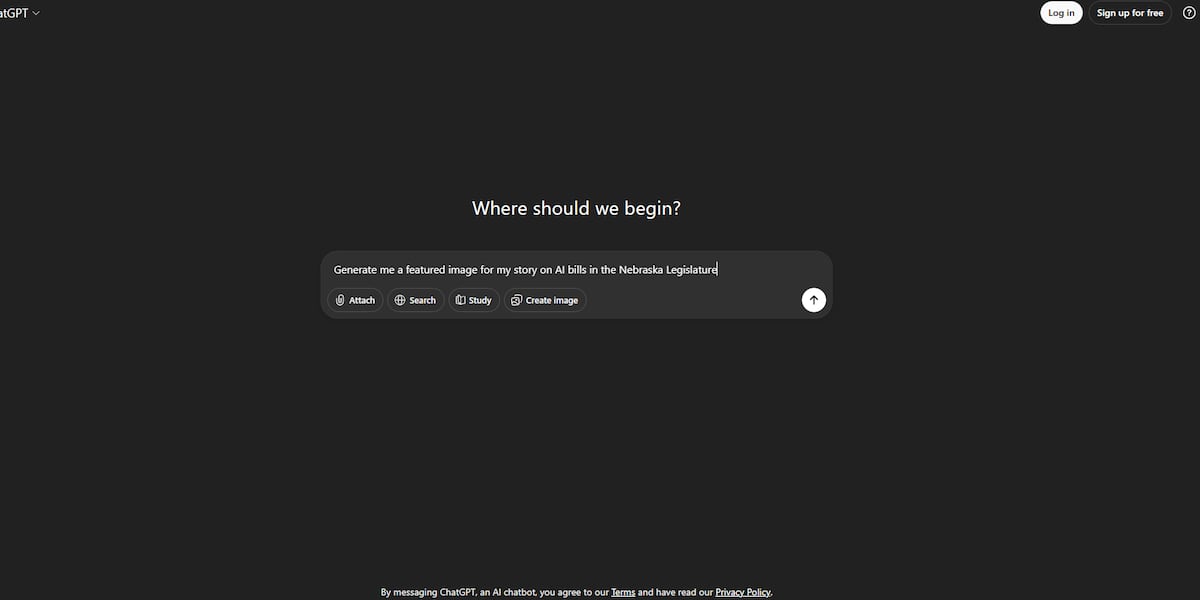The federal government could “explore” the use of artificial intelligence programs to draft sensitive Cabinet presentations or business cases, as part of a major initiative to integrate AI into the public service, despite concerns about the technology increasing security and data breach risks.
Finance Minister Katy Gallagher also announced on Wednesday that the civil service would build its own special AI program for civil servants, increasing productivity by deploying generative programs such as ChatGPT, Copilot and Gemini across ministries.
While many officials said AI trials helped their jobs, others expressed concern about the poor quality and inaccuracies of AI-generated work, the potential elimination of entry-level jobs, and public fears about automated decision-making in the wake of the robo-debt scandal.
“Interviews with Australian government agencies have highlighted that women may be disproportionately affected as they currently make up the majority of APS administrative staff,” says a government report on a trial of Microsoft Copilot.
Gallagher, also the civil service minister, told a conference the government wanted to see AI “widely adopted across government departments” in a bid to “seize the opportunities that AI offers”.
Gallagher also launched a “whole-of-government AI plan” and is the result of a six-month trial of Microsoft’s Copilot across government.
Subscribe: Email AU Breaking News
The main conclusion of the report is: “There are clear benefits to adopting generative AI, but it also presents challenges and concerns that need to be monitored.”
Surveys found that most trial participants were positive, noting that management and executives specifically reported productivity gains and saved up to an hour each day with AI helping to summarize information, write first drafts, or research information.
Some 69% said it helped them work faster and 61% said it improved the quality of their work.
However, a range of negatives were also reported, including “inaccuracy” of AI output, with 60% of participants saying they had to make “moderate to significant” changes to the work generated by the AI. Concerns have also been raised about Copilot’s “potential unpredictability and lack of contextual knowledge.”
The AI plan sets the objective “that each civil servant has training and access to generative AI tools”. It says the yet-to-be-developed GovAI Chat program will be widely rolled out, planned for the first half of 2026, but the government will also develop guidelines for civil servants using public platforms, such as ChatGPT, Claude and Gemini, to process government information up to the “official” classification level.
This included “novel” suggestions from participants to use AI to evaluate documents, draft public documents, and “write content for business cases and Cabinet presentations.” The report included these ideas under the heading “opportunities to further explore use cases.”
But the Copilot report also raised security concerns with the data, with cases of “Copilot inappropriately accessing sensitive information.”
after newsletter promotion
“Using Copilot allowed some participants to access documents that they should not have been authorized to access. Trial participants raised instances where Copilot surfaced sensitive data that staff had not filed or stored appropriately,” it says.
“This was largely due to their organization not properly ensuring the security and storage of certain instances of data and information before adopting Copilot. Without the appropriate data infrastructure and governance in place, the use of Copilot can further exacerbate the risks of data and security breaches in APS.”
The report also notes public expectations regarding data management.
“Following the Royal Commission into the Robodebt project, public attention to the APS’s use of technology and automation to support decision-making is particularly high,” he said.
Gallagher pledged to continually consult with staff and unions on job changes, emphasizing that the government “does not view the widespread adoption of AI in the APS as a means of replacing people”. The Community and Public Sector Union has been contacted for comment.
Vivek Puthucode, general manager of public sector at Microsoft, backed the government’s plan and said the new technology could “help improve service delivery, strengthen policy outcomes and make government more responsive to community needs”.










